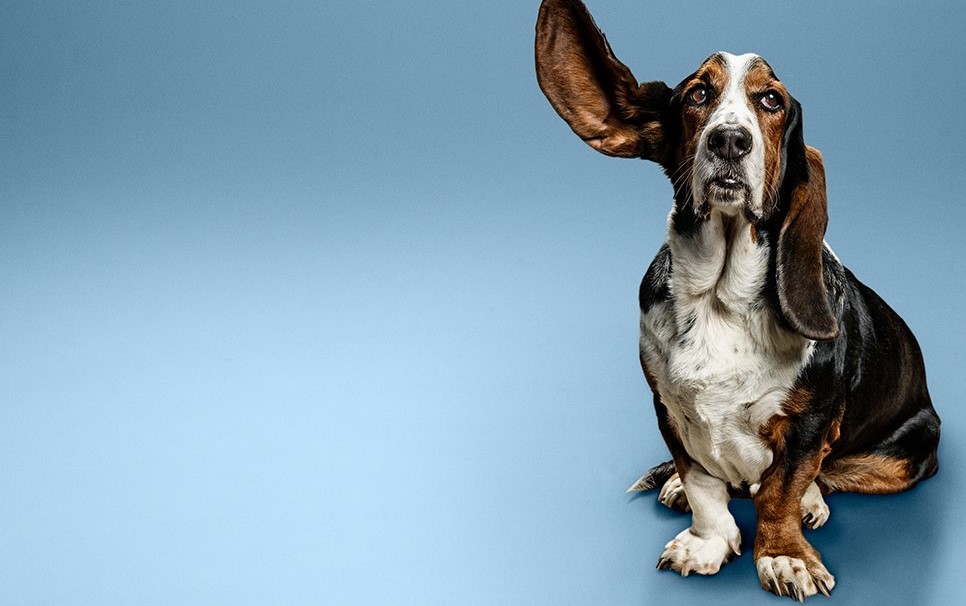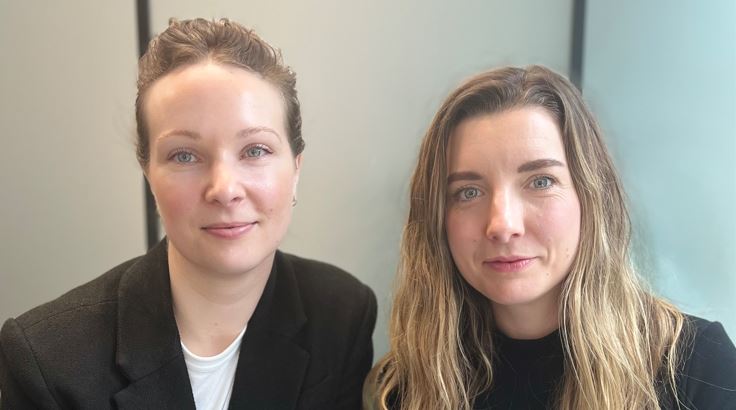PHD Senior Digital Manager Olivia Hamilton-Nichols discusses the importance of listening to the industry’s different personality types, including and perhaps most importantly the quiet ones…
I am an extrovert. Or, by definition, “someone who ‘recharges’ or draws energy from being with other people, as opposed to from being alone”. The numerous personality tests I have taken throughout my career have always reiterated this character trait and while I don’t particularly think I fit the exact mould of a true extrovert, it is part of my identity.
While taking part in a recent team-building day, I was told that a colleague and I wouldn’t see eye-to-eye as we were on opposite ends of the introvert/extrovert spectrum. I found this interesting because he and I work closely together on a day-to-day basis. This got me thinking about our industry and whether we need to do more to ensure we’re tapping into the full potential of our people and the power of collaboration – irrespective of what personality type they’re boxed into.
While understanding the nuances of different personality types is important in many industries, I would argue that it is even more significant in the media world. Let me explain…
Media agencies are full of extroverts. The industry attracts people who are great communicators, strong at building relationships and, let’s be honest, love the social aspect of the job just as much as the work itself. The higher you move up the ladder, the more extroverted tendencies you need to be able to master.
But look where our industry is heading – the most successful campaigns are backed by data and tech. Programmatic is an obvious example, but even the traditional offline channels of outdoor and TV are shifting to an increasingly data-led model, with the likes of VMO’s eye-tracking technology, DART, or Nine’s dynamic addressable TV buying platform, 9Galaxy. This shift means less relationship management and more hands-on analysis and optimisation.
This is where the technical specialists come in, and roles such as insight analysts, data scientists, CRO specialists and ad operation managers, play a vital role for our client’s businesses in today’s media landscape. The skills required for these tasks do not rely on the same extroverted qualities needed from a client management point of view. More technical skills, such as dashboard analysis, data cleaning and web analytics, are valued higher than public speaking, negotiation and charisma. As such, the candidates for these roles may lean more towards the introverted end of the personality spectrum.
As much as media planners and buyers need to understand these emerging technologies and practices, there is only so much time in the day to do so, while also handling current campaigns and relationships. It is therefore crucial for the typically extroverted client management teams to place importance on valuing these specialised business units and listening to the introverts over those whose voices are heard loudest.
While introverts are quiet and reserved, this does not mean that their opinions are any less important. In Susan Cain’s Ted Talk, ‘The Power of Introvert’, she explains that groups take on the views of the most opinionated and dominant person, even though there is zero correlation between being the best talker and having the best ideas. When you’re an extrovert (speaking from experience), it can be difficult to slow down, but in not listening we could be silencing the opinion of the most important person in the room.
In fact, some of the greatest leaders in history have been introverts: Eleanor Roosevelt, Rosa Parks, Gandhi, Steve Wozniak, to name a few. They were not driven by the pleasure of being looked at, but by what they thought was right. Introverted people think before they speak, are protective of their privacy, are generally more reserved and deploy quiet leadership. In my experience, the best teams include a mixture of both extroverted and introverted people.
While it may seem like extroverts are more visibly rewarded in the industry, the truth is that we need both personality types to do the work we do, and both need to work harmoniously. In my opinion, being successful in advertising isn’t about becoming more outgoing and gregarious, as was once favoured back in the day, as depicted by the popular series, ‘Mad Men’. Instead, it’s about collaborating with people from different backgrounds, so that we can collectively come up with the best solutions that reflect today’s ever-evolving landscape.




